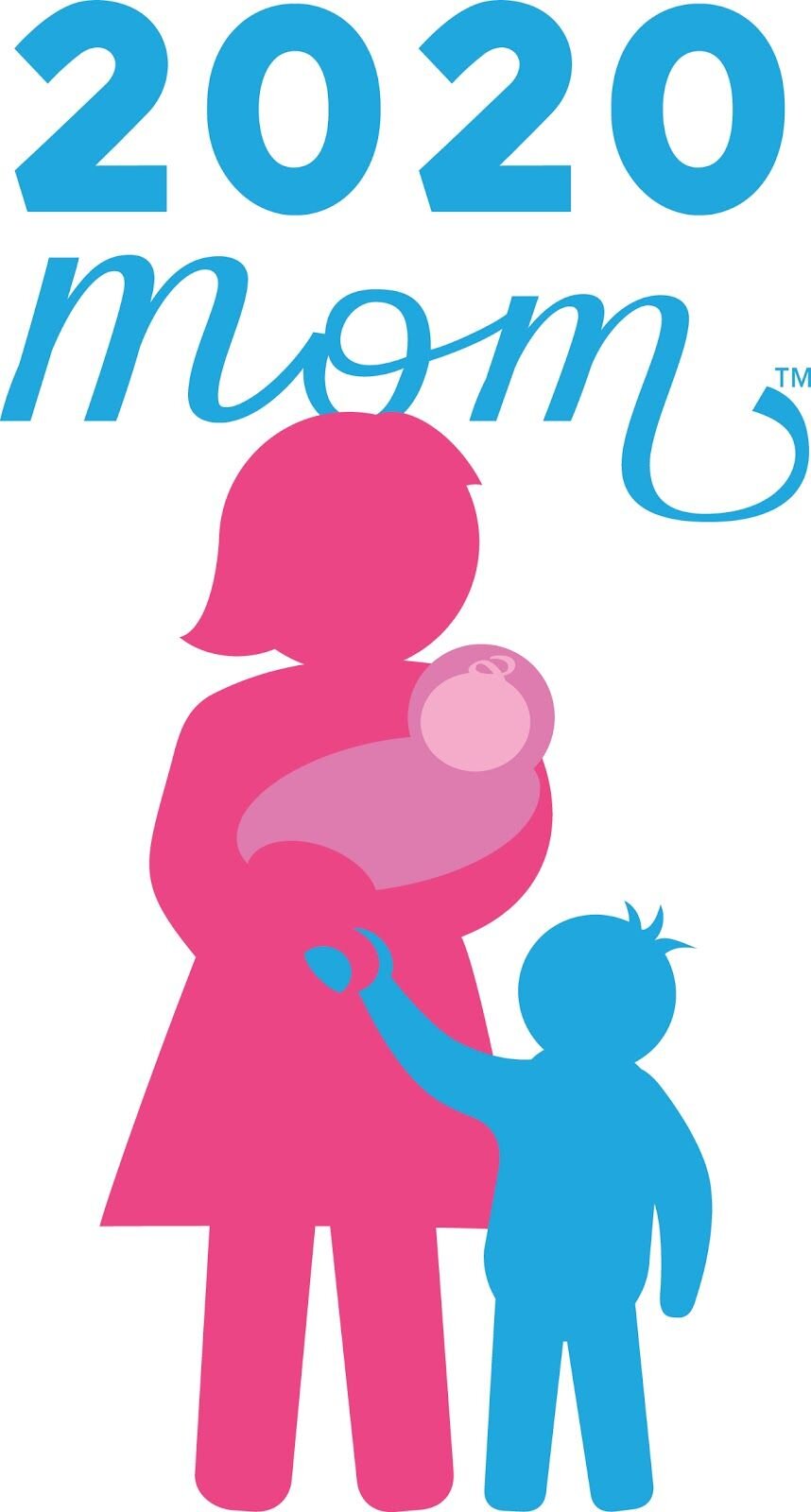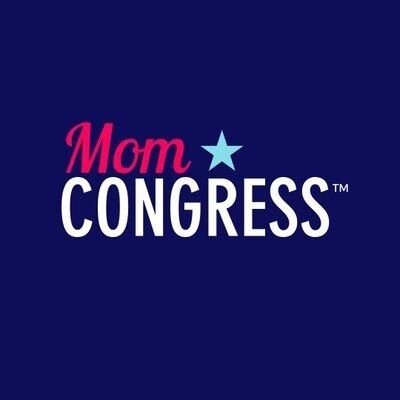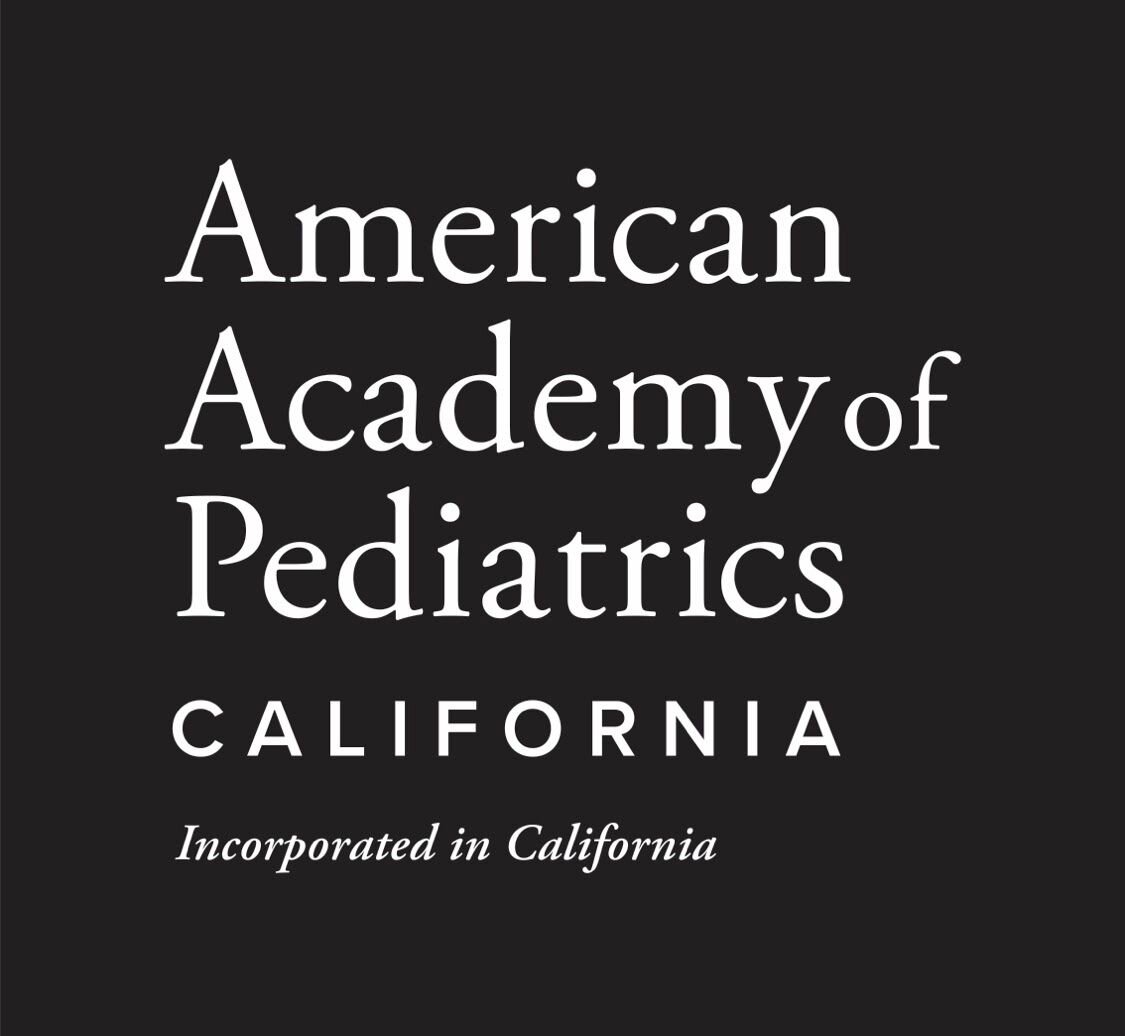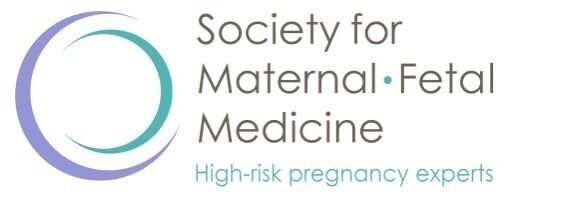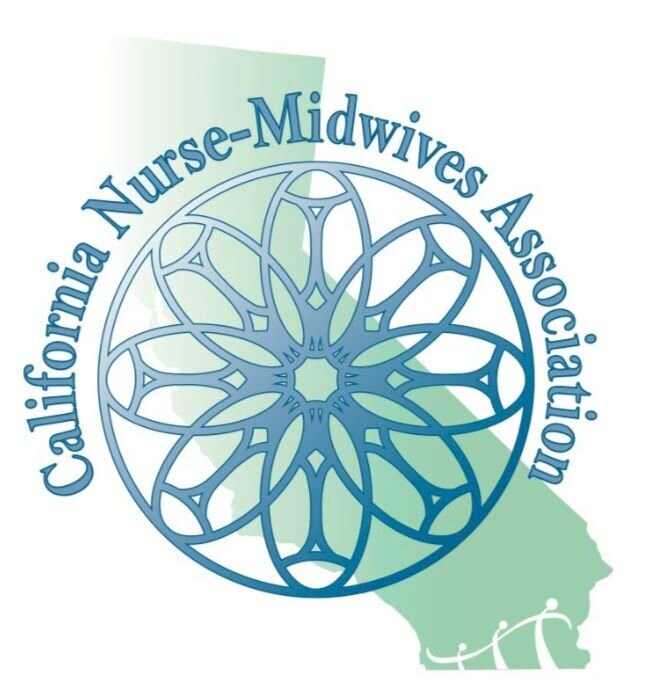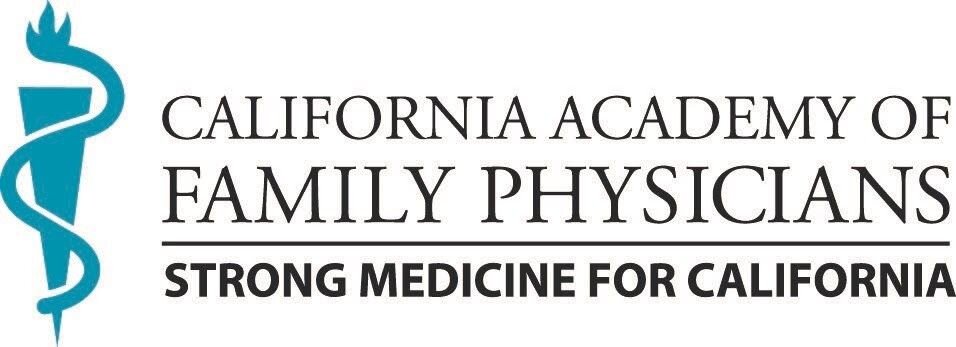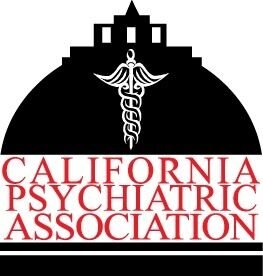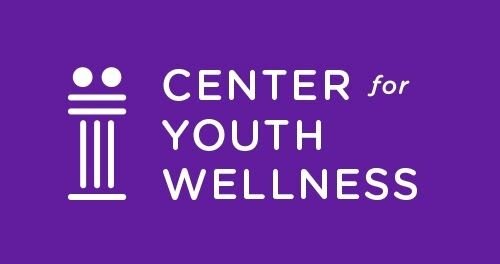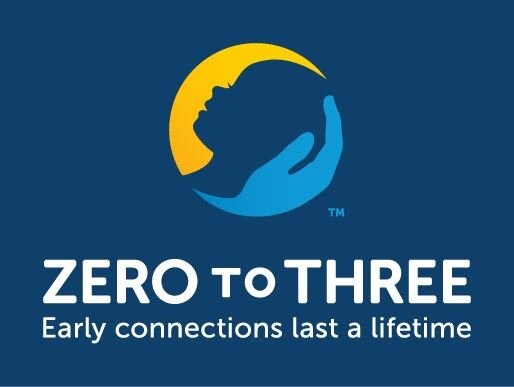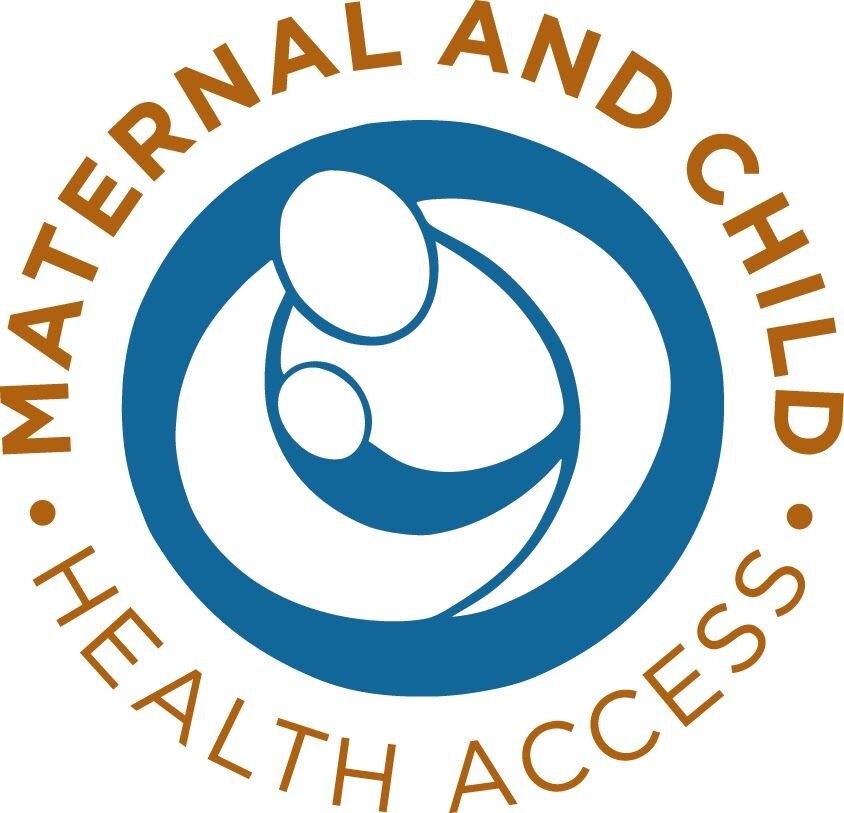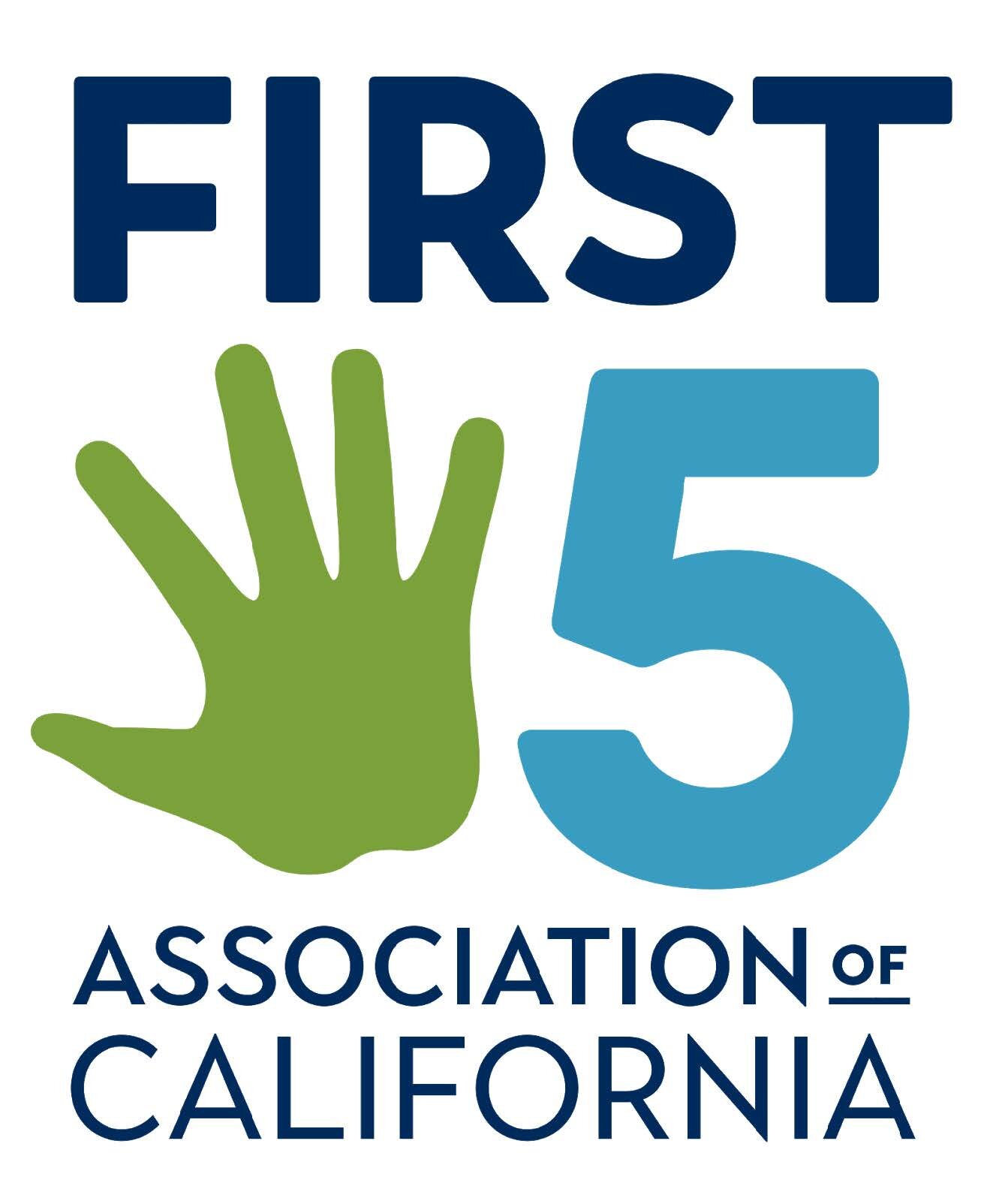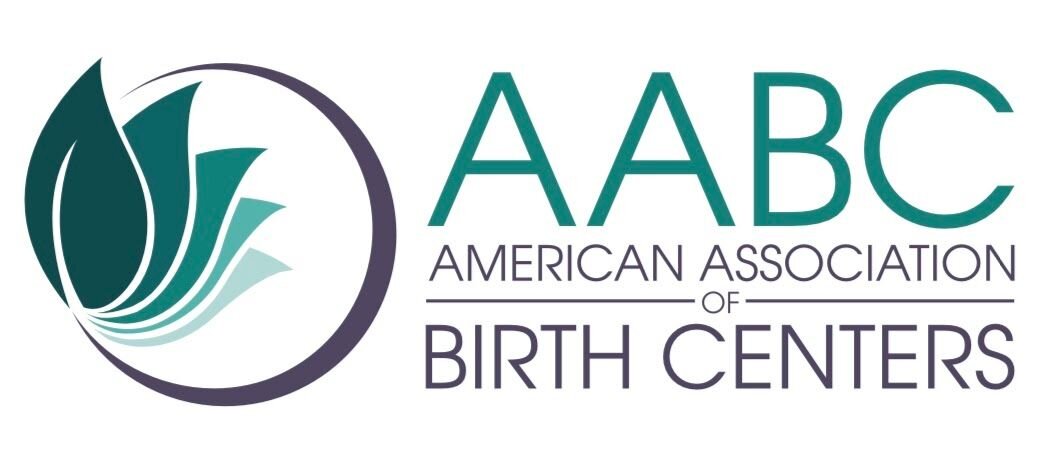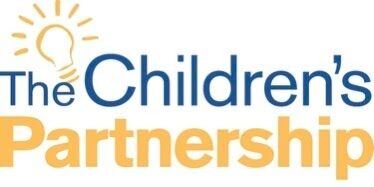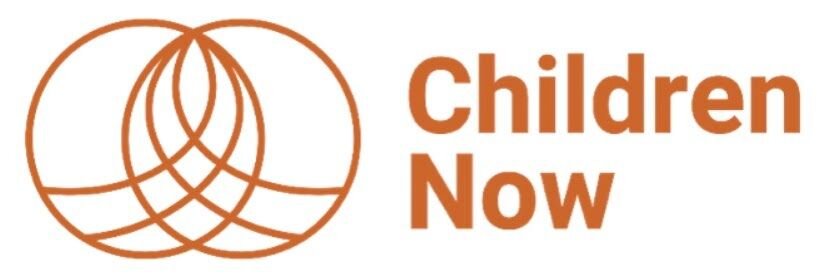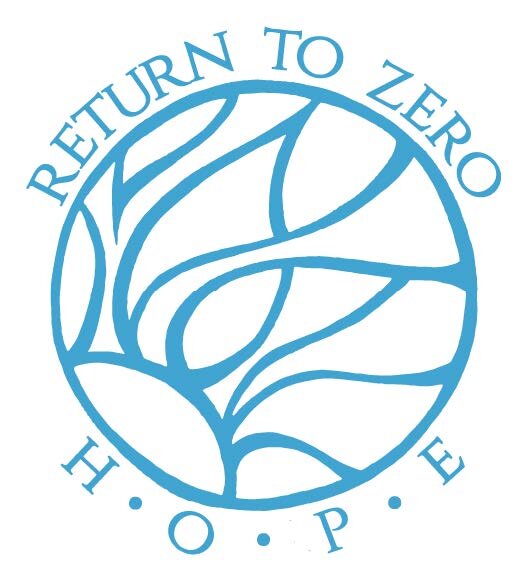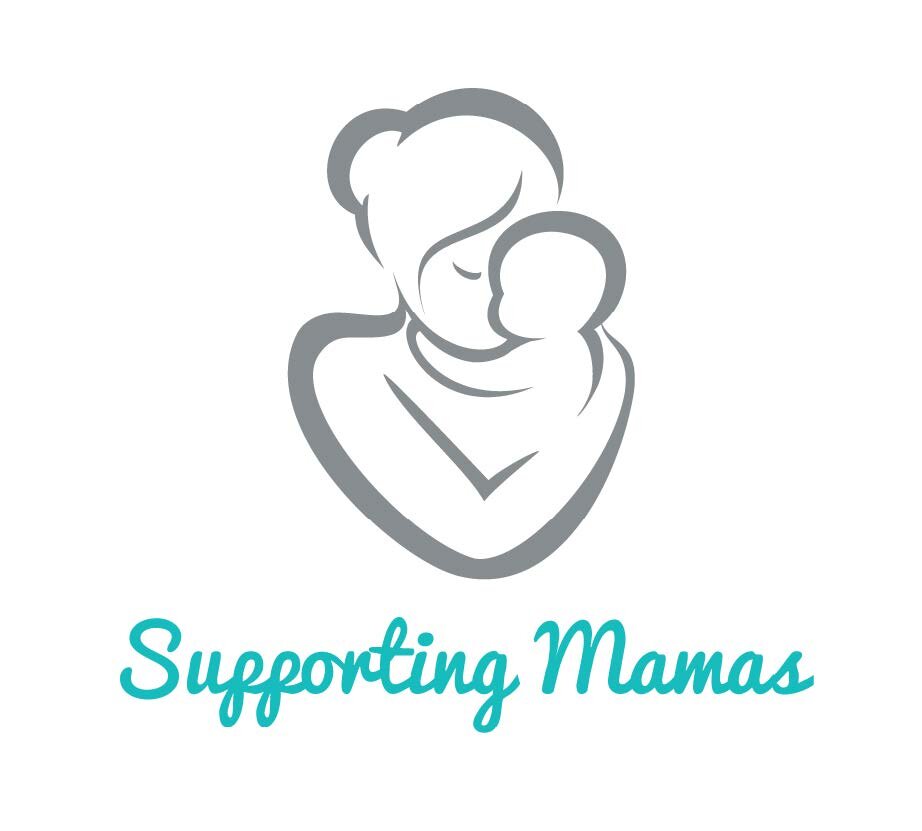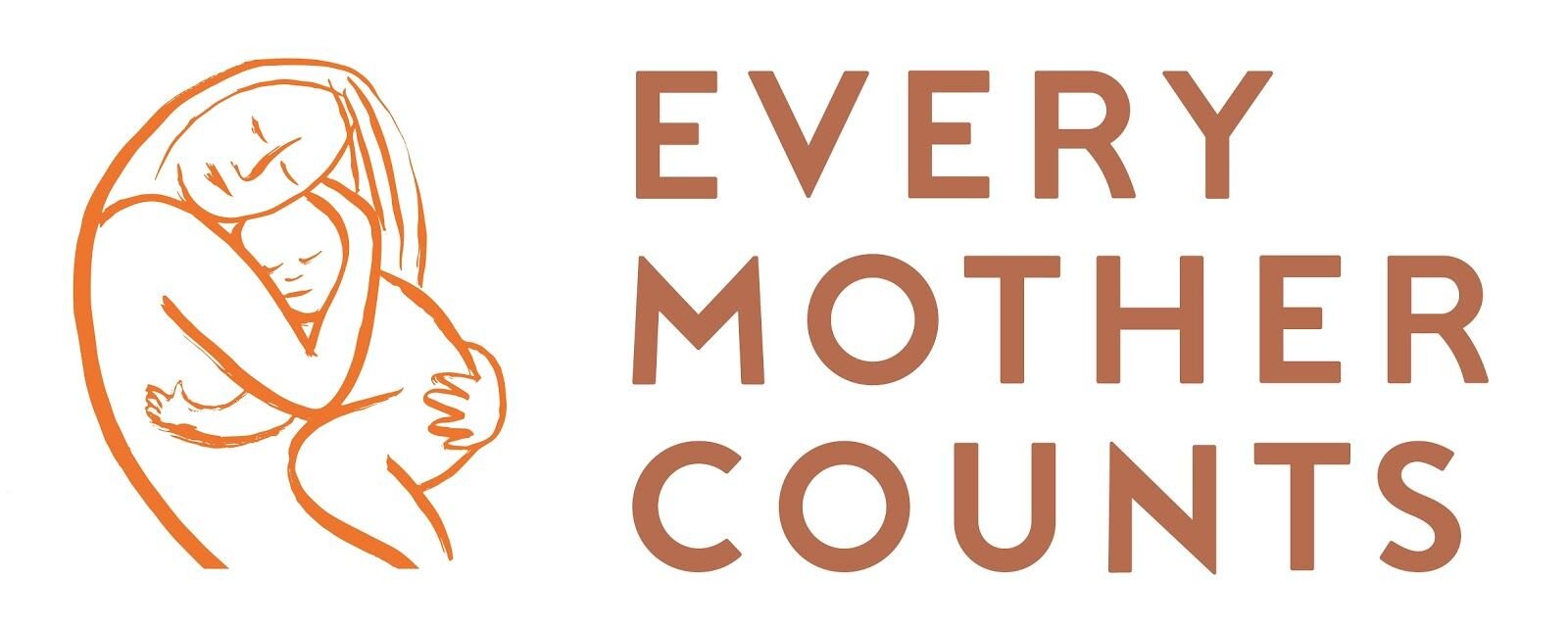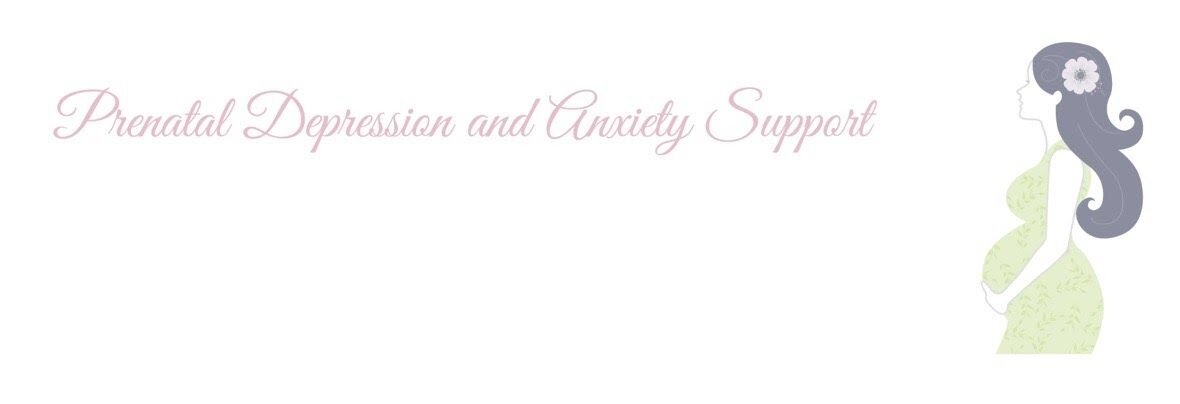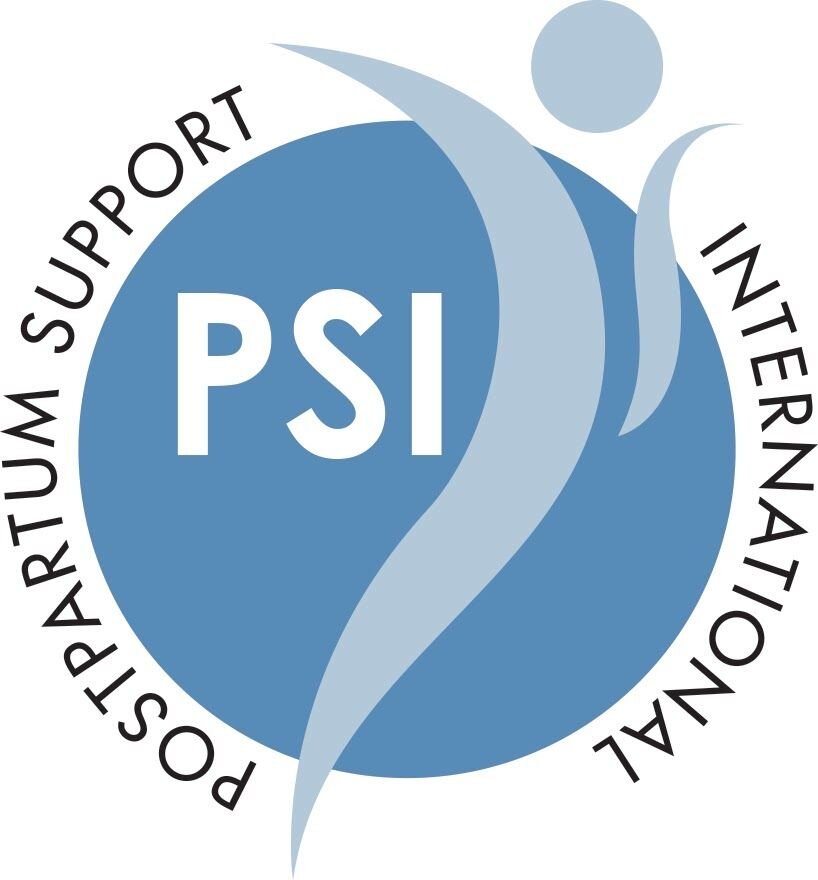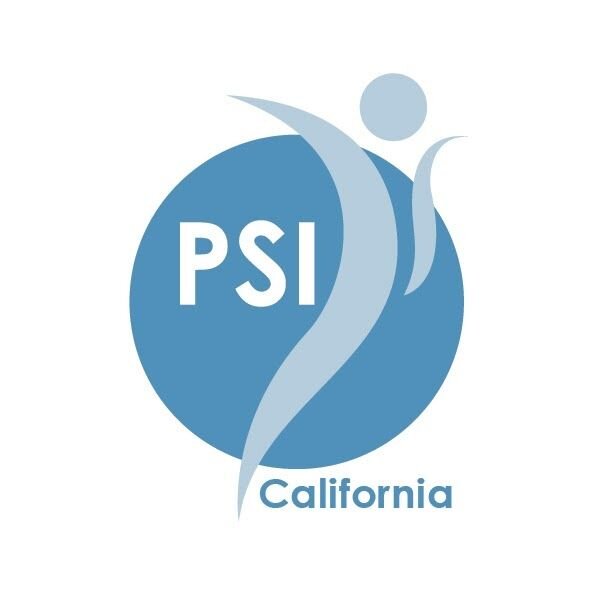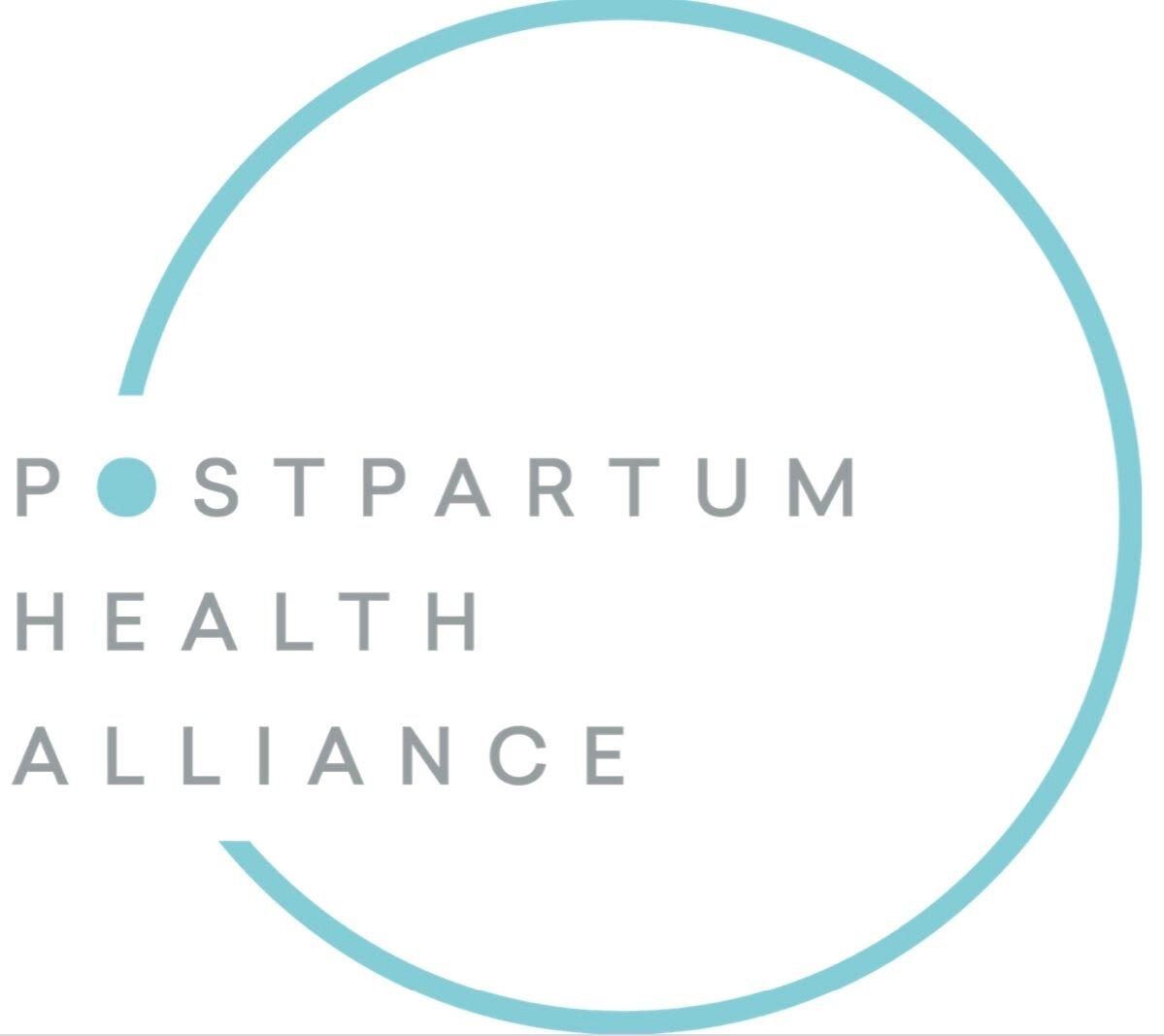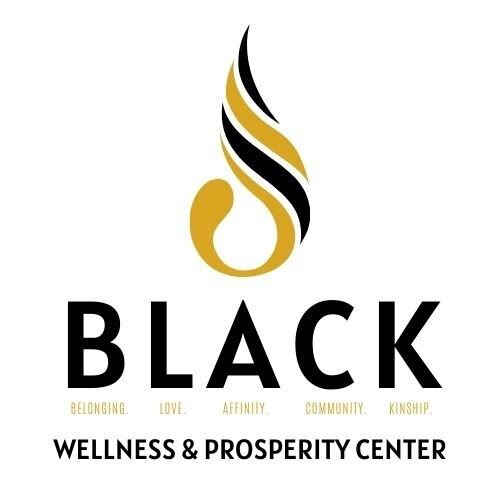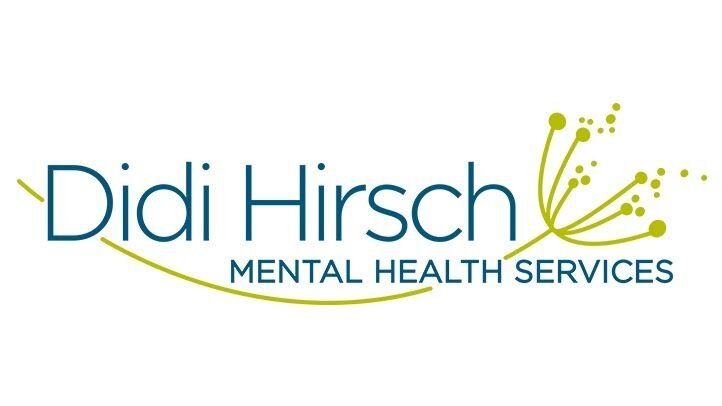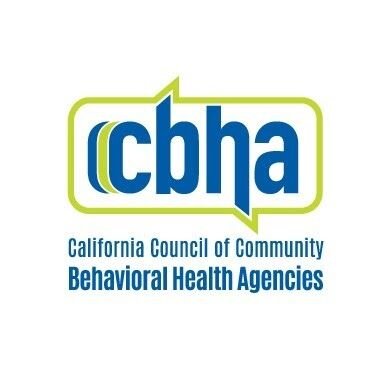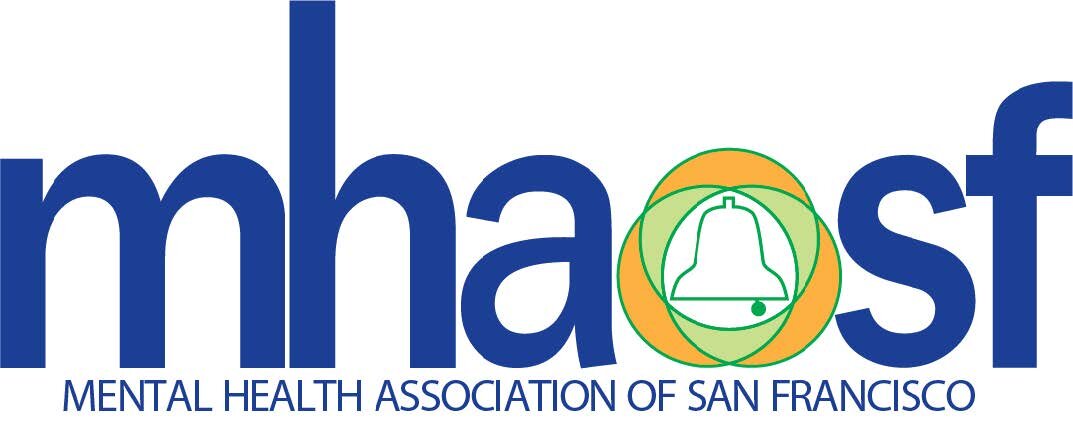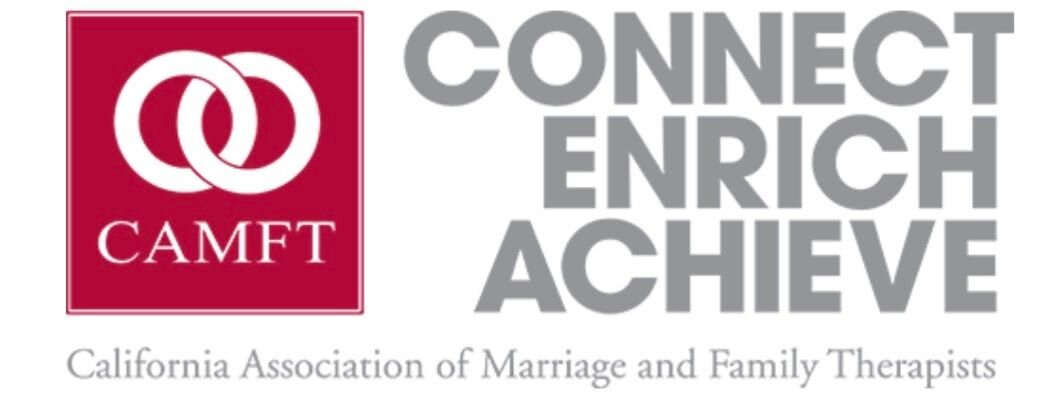CA Mothers and Children Mental Health Support Act of 2020 – Passed Another Hurdle
By 2020 Mom Advocacy Team

California Assembly Bill 2360: Mothers and Children Mental Health Support Act of 2020, offers provider to provider psychiatry consultation and is one of few health care and telehealth bills that has proceeded through the legislative process. This week it passed through a significant hurdle, the senate appropriations process. Now it’s off to the senate floor for a vote.
Below is the latest letter submitted showing support from nearly 50 organizations including the American College of Obstetrics and Gynecology and more.
Organizations Supporting AB 2360, Telehealth: Mental Health, “The Mothers and Children Mental Health Support Act of 2020”
August 12, 2020
The Honorable Patricia Bates
Vice-Chair of the Senate Appropriations
Committee
State Capitol, Room 3048
Sacramento, CA 95814
The Honorable Anthony Portantino
Chair of the Senate Appropriations
Committee
State Capitol, Room 3086
Sacramento, CA 95814
Dear Senate Appropriations Committee Chair Portantino and Vice-Chair Bates:
We, the undersigned organizations, are writing to inform you of our support for AB 2360, Telehealth: Mental Health Consultations , also known as “The Mothers and Children Mental Health Support Act of 2020” , which requires California health plans and insurers to provide primary care providers (PCPs) - including pediatricians and obstetricians - and other physicians who see children and pregnant and postpartum women with access to a mental health consultation program to help diagnose and treat mental health disorders in these vulnerable populations.
AB 2360 supports PCPs following California’s existing mental health screening initiatives, including AB 2193, a law which requires providers caring for perinatal women, including obstetricians, to screen for maternal mental health disorders;1 and the ACEs Aware Initiative, a program launched by the state Surgeon General and DHCS which offers Medi-Cal providers training, protocols, and payment for screening children and adults for Adverse Childhood Experiences, which increase the risk of mental illness.2 AB 2360 helps build PCPs’ capacity to diagnose and treat mothers and children they encounter who screen positive for mental health disorders by allowing these PCPs to consult with experts in maternal and child mental health on cases.
The consultation program under AB 2360 - modeled after the successful Massachusetts Child Psychiatry Access Program (MCPAP) and MCPAP for Moms program - provides a range of services to support PCPs in serving suffering mothers and children, including:
A triage service and consultation conducted by telephone or telehealth video with a mental health clinician with expertise appropriate for pregnant, postpartum, and pediatric patients. The consults would include guidance on:
Screening tools to detect various mental health disorders
the range of evidence-based treatment options
Referrals in the patient’s insurance network
An opportunity for the screening PCP to consult with a psychiatrist trained in child and/or maternal mental health, if appropriate, to discuss complex cases and medication management
Emerging research shows that the COVID-19 pandemic has triggered a worsening mental health crisis.
A recent study shows that rates of clinically significant anxiety and depression have more than doubled - rising to 72% and 41%, respectively - among pregnant and postpartum women during the pandemic.3 A U.S. congressional briefing reviewed 3 the stressors on pregnant and postpartum women, including the risks of COVID infection to their babies and themselves during pregnancy, labor, and delivery at the hospital (which may require separation/quarantine of the mother from baby); reduced personal and medical support during childbirth due to visitor and staff restrictions; and the demands of caring for an infant and other children alone once they return home.4 The study found that the biggest predictor of MMH disorders is social isolation - which leaves overwhelmed mothers in the COVID crisis with little support as they follow stay-at-home orders, forgo help from grandparents and family members to prevent exposure to the virus, and are left without childcare options due to school and daycare closures.
Children are also facing disruptions in their lives, which may trigger mental health issues as they adjust to prolonged remote schooling and social isolation. Tragically, the CDC reports that deaths from suicides among high schoolers now exceed deaths from COVID-19 in this population.5 While the long-term mental health effects of the COVID crisis on children have yet to be determined, one study showed that criteria for post-traumatic stress disorder was met in 30% of isolated or quarantined children who survived prior pandemics.6
Due to the severe shortage of mental health professionals in CA, mothers and children often turn to their primary care physicians - including OBs and pediatricians - for treatment, but these providers aren’t always adequately trained on how to treat them for mental illnesses.
By providing a mental health consultation “lifeline” to screening providers, AB 2360 will support frontline primary care providers in diagnosing basic depression and anxiety disorders and developing treatment plans for suffering mothers and children in line with patient preferences and needs, including psychiatric medications if necessary.
AB 2360 ensures that doctors have the support needed to initiate treatment for mothers and children with mental illnesses, so that California families can thrive.
Sincerely,
1 AB 2193 Bill Text, Accessed from https://leginfo.legislature.ca.gov/faces/billTextClient.xhtml?bill_id=201720180AB2193
2DHCS Press Release, “California Launches “ACES Aware” Initiative to Address the Public Health Crisis of Toxic Stress from Childhood Trauma.” 4 Dec 2019.
3Davenport, M. et al. Moms are Not OK: COVID-19 and Maternal Mental Health. Frontiers in Global Womens’ Health, 19 June 2020.
4Congressional Briefing, “Maternal Mental Health During the COVID-19 Pandemic”, 2020 May 19.
5Buck Institute. COVID Webinar Series Transcript: Interview with Robert Redfield, MD, Director, CDC. 14 July 2020.
6Sprang, G. et al. Posttraumatic stress disorder in parents and youth after health-related disasters . Disaster Med Public Health Prep. 2013 Feb.






















































